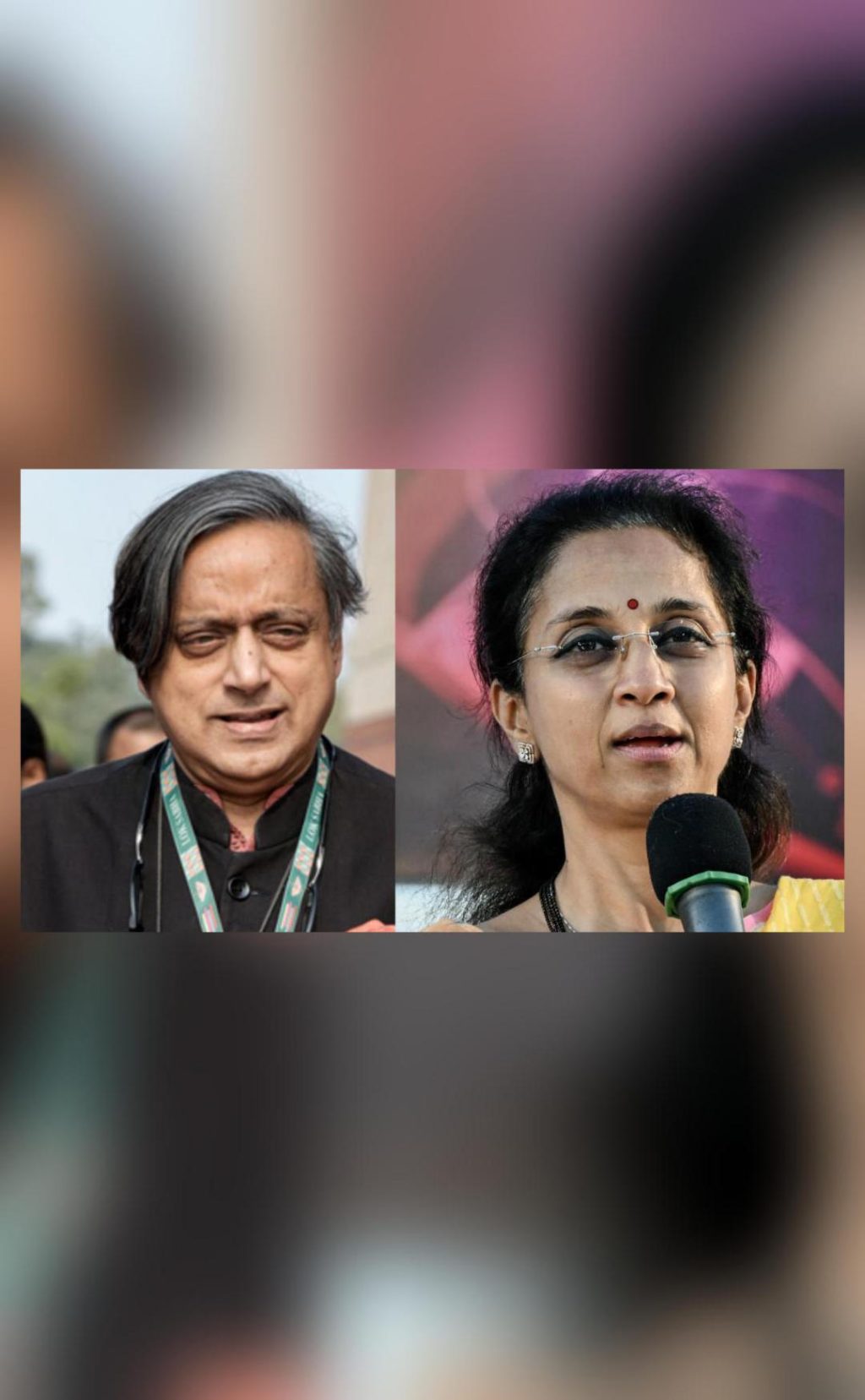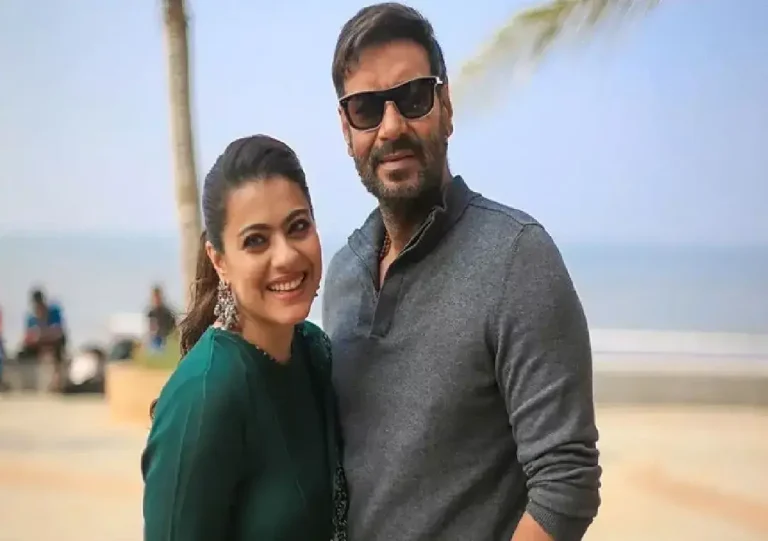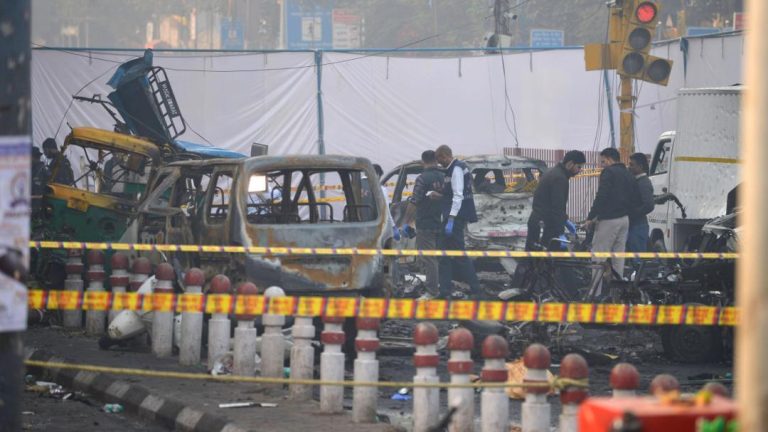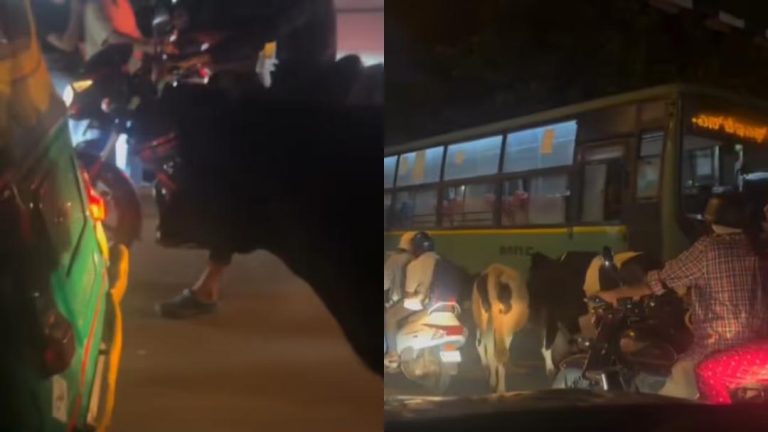
Tharoor, Sule & others to head govt’s global delegations after Operation Sindoor
The Indian government has announced a list of prominent leaders who will head global delegations to key partner nations, aimed at conveying the country’s strong message of zero-tolerance against terrorism. The move comes in the aftermath of Operation Sindoor, a recent military operation conducted by the Indian Army in the wake of the Pulwama terror attack.
Among the leaders chosen for this crucial diplomatic endeavor are Congress MP Shashi Tharoor, NCP-SP MP Supriya Sule, Shiv Sena’s Shrikant Shinde, DMK’s Kanimozhi, BJP’s Baijayant Panda and RS Prasad, and JDU’s Sanjay Jha. These leaders will be leading delegations to various countries, with the primary objective of emphasizing India’s unwavering commitment to combating terrorism and promoting regional stability.
Operation Sindoor, which was conducted in the early hours of the morning, saw the Indian Army launch a surgical strike against terrorist camps in Pakistan. The operation was a direct response to the dastardly Pulwama attack, which claimed the lives of 40 Central Reserve Police Force (CRPF) personnel. The attack was carried out by a suicide bomber affiliated with the Jaish-e-Mohammed (JeM) terrorist organization.
The decision to send high-profile leaders on diplomatic missions is seen as a strategic move by the government to reinforce India’s stance against terrorism and to counter the narrative of Pakistan, which has been accused of harboring and supporting terrorist groups. The government is keen to ensure that the international community is aware of the gravity of the situation and India’s unwavering commitment to combating terrorism.
Shashi Tharoor, a seasoned diplomat and Congress MP, is expected to lead a delegation to the European Union, where he will engage with EU leaders and officials to emphasize India’s stance on terrorism. Tharoor has been a vocal advocate for India’s interests on the global stage and has been instrumental in shaping the country’s foreign policy agenda.
Supriya Sule, an NCP-SP MP, is set to lead a delegation to the African continent, where she will engage with African leaders and officials to promote regional stability and security. Sule has been a strong advocate for India’s ties with Africa and has played a key role in promoting economic cooperation between the two regions.
Shrikant Shinde, a Shiv Sena MP, is expected to lead a delegation to the Middle East, where he will engage with leaders and officials to emphasize India’s commitment to combating terrorism and promoting regional stability. Shinde has been a strong advocate for India’s interests in the Middle East and has played a key role in promoting economic cooperation between the two regions.
Kanimozhi, a DMK MP, is set to lead a delegation to Southeast Asia, where she will engage with leaders and officials to promote regional stability and security. Kanimozhi has been a strong advocate for India’s ties with Southeast Asia and has played a key role in promoting economic cooperation between the two regions.
Baijayant Panda, a BJP MP, is expected to lead a delegation to the United States, where he will engage with American leaders and officials to emphasize India’s stance on terrorism. Panda has been a strong advocate for India’s interests on the global stage and has been instrumental in shaping the country’s foreign policy agenda.
RS Prasad, a BJP MP, is set to lead a delegation to the Association of Southeast Asian Nations (ASEAN), where he will engage with leaders and officials to promote regional stability and security. Prasad has been a strong advocate for India’s ties with ASEAN and has played a key role in promoting economic cooperation between the two regions.
Sanjay Jha, a JDU MP, is expected to lead a delegation to the Organization of Islamic Cooperation (OIC), where he will engage with leaders and officials to emphasize India’s commitment to combating terrorism and promoting regional stability. Jha has been a strong advocate for India’s ties with the OIC and has played a key role in promoting economic cooperation between the two regions.
The government’s decision to send these leaders on diplomatic missions is seen as a strategic move to reinforce India’s stance against terrorism and to counter the narrative of Pakistan. The move is also seen as an attempt to promote regional stability and security, and to emphasize India’s commitment to combating terrorism.
In a statement, the government said that the leaders chosen for the delegations are “well-equipped to carry India’s strong message of zero-tolerance against terrorism to the world”. The government added that the delegations will engage with foreign leaders and officials to emphasize India’s commitment to combating terrorism and promoting regional stability.
The move is expected to send a strong message to the international community that India is committed to combating terrorism and promoting regional stability. The government’s decision to send high-profile leaders on diplomatic missions is seen as a strategic move to reinforce India’s stance against terrorism and to counter the narrative of Pakistan.
In conclusion, the government’s decision to send prominent leaders on diplomatic missions to key partner nations is a significant move that is expected to reinforce India’s stance against terrorism and promote regional stability. The leaders chosen for the delegations are well-equipped to carry India’s strong message of zero-tolerance against terrorism to the world, and are expected to engage with foreign leaders and officials to emphasize India’s commitment to combating terrorism and promoting regional stability.






